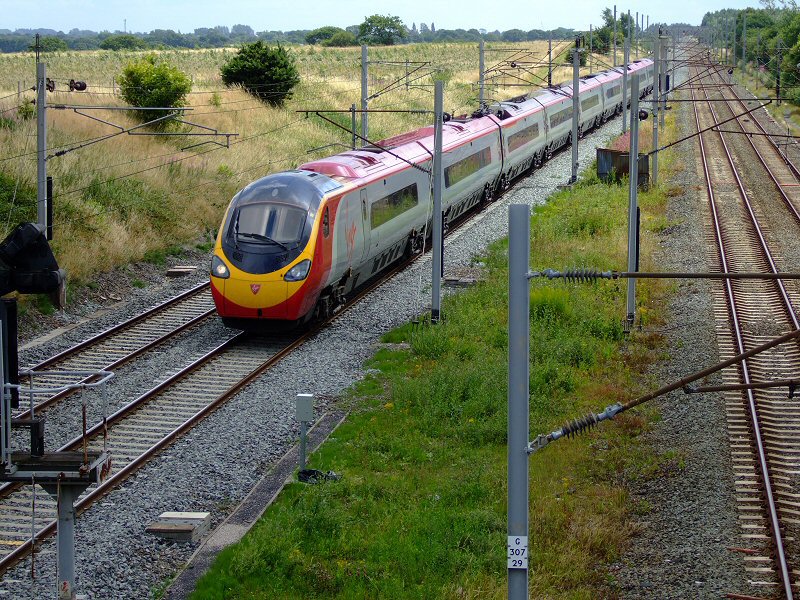
Train drivers have accepted a multi-year pay deal worth 15%, bringing an end to a two-year strike across England, Scotland, and Wales. The Aslef union announced
that 96% of its members voted in favor of the offer, with a high turnout of 84%.
The offer, negotiated by the Labour government soon after their general election victory, includes a no-strings-attached pay increase of 5% for 2022-2023, 4.75% for 2023-2024, and 4.5% for 2024-2025. The compounded increase totals 15% over the three years, and the agreement is both backdated and pensionable. It also applies to drivers who retired or left the industry during the industrial action.
Ending the Longest Strike in Recent History
The resolution brings to a close what has been described as the longest train drivers’ strike in modern history. Drivers took part in 18 days of industrial action affecting several train companies, including Avanti West Coast, CrossCountry, Southeastern, and Great Western Railway.
Train Driver Salaries
According to government data, the average salary for an experienced train driver was £60,000 in 2023, with new drivers starting at around £24,000. Some salaries may rise to £65,000 or more for experienced drivers. Salaries also vary regionally, with higher averages in London and lower figures in other parts of the UK.
Under the new deal, the average salary is expected to rise to approximately £69,000 by 2024/2025, excluding any additional earnings from overtime.
Industry Reactions
Aslef's general secretary, Mick Whelan, expressed satisfaction with the deal, highlighting the resilience shown by drivers in what he described as a battle against the "political piracy" of the previous Conservative government. He praised the Labour government’s role in resolving the dispute, which he said would benefit passengers, taxpayers, and railway workers alike.
The Rail Delivery Group welcomed the resolution, urging the industry to focus on delivering better service for passengers. Meanwhile, Kate Nicholls, CEO of UKHospitality, noted the relief felt by businesses, which had lost an estimated £3.5 billion due to the strikes, especially as the resolution comes ahead of the critical holiday season.
Government’s Response
Transport Secretary Louise Haigh described the deal as a crucial step in repairing the nation's railways after two years of disruptions.She emphasized that this agreement would help stabilize the economy and prevent further strikes, ensuring smoother services for passengers and allowing for much-needed reform in the rail sector.
Broader Impacts on Pay Disputes
The train drivers’ agreement follows a similar pay deal reached with junior doctors earlier this month. The government agreed to a 22.3% pay increase for doctors over two years, as part of broader efforts to resolve public sector pay disputes. Photo by High Speed Train by Galatas, Wikimedia commons.


































